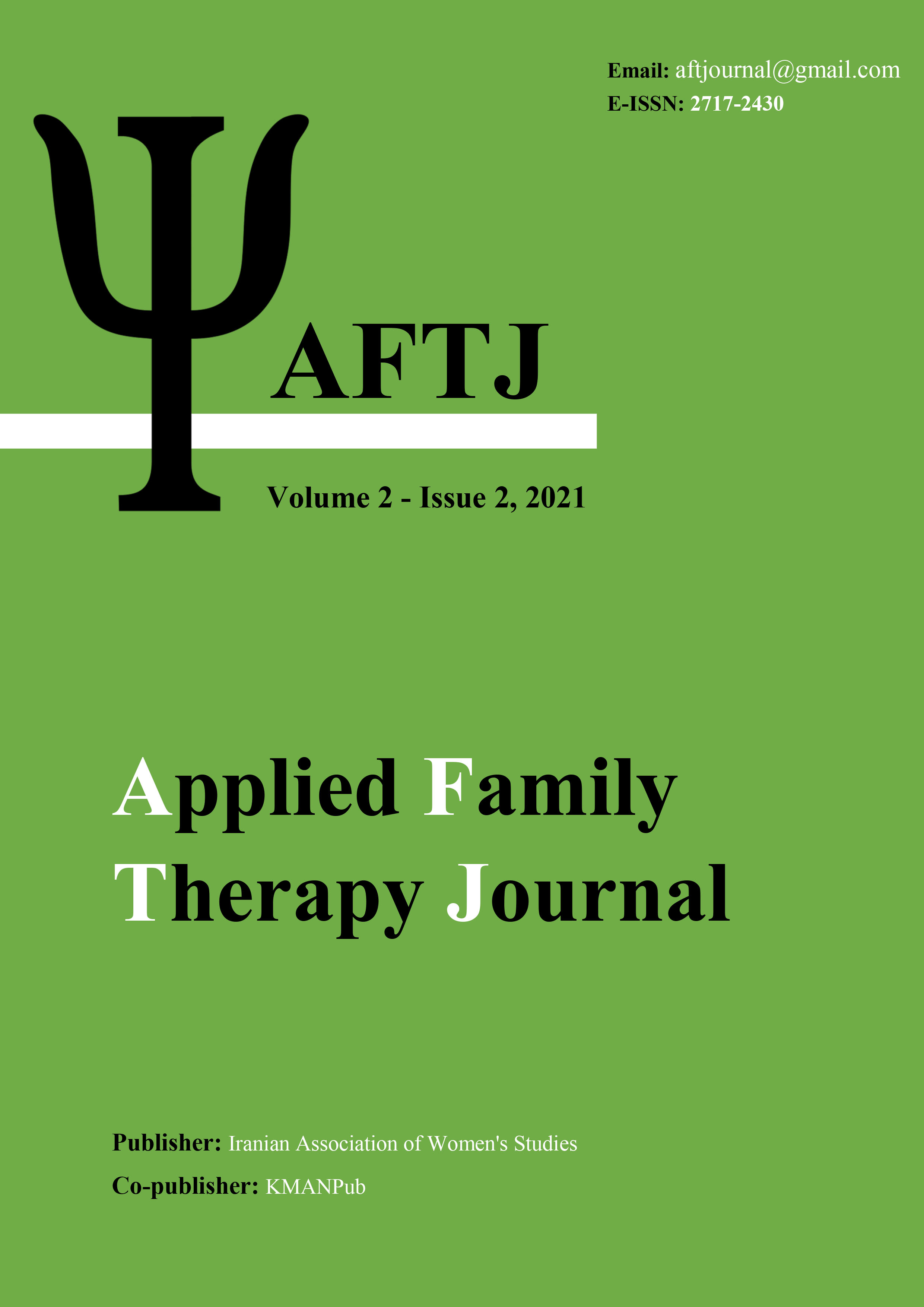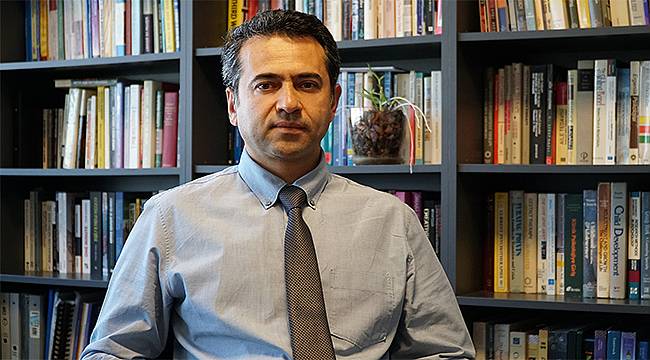The Effectiveness of Life Skills Training for Parents in Decreasing Aggression and Improving the Academic Motivation in Adolescent Children
Keywords:
Life skills, Aggression, Academic motivationAbstract
Aim: The present study aimed to investigate the effectiveness of Life Skills Training (LST) for parents in decreasing aggression and improving the academic motivation of their children. Method: The present quasi-experimental study had a pretest-posttest design with a control group and a follow-up stage. The statistical population consisted of all adolescents aged 13 to 15 years in District 2 of Tehran, and 30 adolescents were selected using the convenience sampling method and one of their parents was assigned to experimental (n=15) and control (n=15) groups. The experimental group underwent 10 sessions of life skills training package by Manouchehri et al. (2015). The research instruments included the Anger Scale by Nilson et al. (2000) and the Academic Motivation Questionnaire by Harter (1981) which were analyzed by the repeated-measures analysis of variance. Results: The life skills training for parents was effective in decreasing aggression (F=7.56, P=0.001), and improving the academic motivation (F=6.48, P=0.008) of their children, and the effect was stable at the follow-up stage. Conclusion: Life skills training for parents decreased aggression and academic motivation of children. The results indicated a decrease in aggression and improvement in academic motivation in the experimental group compared to the control group. Life skills training can be thus utilized as a part of empowerment programs for parents and their children, as well as education authorities.
Downloads
Downloads
Published
Issue
Section
License

This work is licensed under a Creative Commons Attribution-NonCommercial 4.0 International License.






















